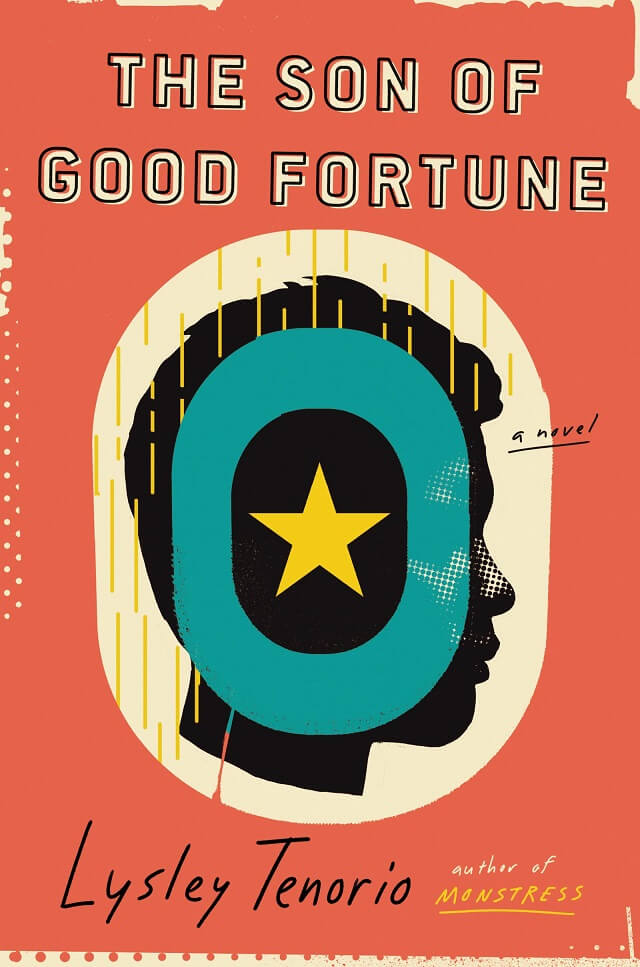07 Jul / The Son of Good Fortune by Lysley Tenorio [in Christian Science Monitor]

 His name was chosen to bring good fortune. So far, it isn’t working.
His name was chosen to bring good fortune. So far, it isn’t working.
Lysley Tenorio’s novel The Son of Good Fortune explores the sorely tested bonds of a Filipino mother and her son living in the shadows in America.
Eight years have passed since award-winning writer and professor Lysley Tenorio debuted his stupendous collection, Monstress. Born in the Philippines, Tenorio now lives in San Francisco, where he completed his highly anticipated first novel, The Son of Good Fortune, which was published July 7. Like his earlier work, it offers another fierce, revelatory literary experience.
The titular son is Filipino American Excel Maxino. His name, chosen by his mother Maxima, is part of his family’s “long tradition of giving children names that suggested good fortunes to come.” Far-flung relatives held such hopeful monikers as “Guggenheim, Beethoven, even … Harvard and MIT.” At 19, Excel’s good fortune hasn’t yet arrived. His birth father is absent and dissolute and he’s lost the only other paternal figure he’s ever had. His mother constantly struggles to avoid sinking into poverty. He’s spent his childhood virtually alone. H’s lost his pregnant girlfriend, and, well … now he owes $10,000 for causing a careless accident.
Excel’s troubles began almost two decades earlier, when a pregnant Maxima realized that she couldn’t rely on his father. So she abandoned her action-film career in Manila – “I could have been the Michelle Yeoh of the Philippines,” she insists – to give her unborn child a better life in the United States. Her former martial arts teacher and mentor, Joker, sponsors her escape to America. While in transit to San Francisco, the plane’s turbulence induces Maxima’s labor and she gives birth in flight. Excel’s sky-high arrival, however, doesn’t warrant him U.S. citizenship. In a riff on the conventional immigrant novel – which features bicultural protagonists tied to two countries, departed and arrived – Tenorio adds a clever twist by creating a citizen of nowhere: Excel is always in limbo, both legally and figuratively.
On Excel’s 10th birthday, Maxima finally reveals the truth: “‘We’re not supposed to be here,’” she explains. “‘You and me … are TNT. … It stands for “tago ng tago,” which means “hiding and hiding.” For Maxima, being TNT means no driver’s license, no decent-paying job, no mobility. Instead, she scams lonely men online, who are desperate to pay for any sort of connection with “Good Catholic Filipinas.” “‘I only take what I need,’” she eventually confesses to Excel. “‘Enough to make rent, pay the bills.’”
But for Excel, being TNT relegates him to near invisibility. He’s unable to get medical care for a bad fall, he’s wary of lasting friendships, he can’t go to college, and, worst of all, he’s forced to let Joker die alone after a sudden heart attack. Stuck in an abusive, under-the-table job, Excel decides he needs to start his own life away from his mother. After falling in love with peripatetic Sab, he accompanies her to Hello City, a desert commune hundreds of miles from home. The lovers stay in a refurbished school bus; while Sab makes organic soap with her cousin, Excel finds odd jobs here and there. Excel is surprisingly content … but nine months later, his new life literally goes up in flames, sending him away from Sab and back to Maxima. Faced with substantial debt, not to mention potential fatherhood, Excel confronts a daunting future with limited resources. Hiding is no longer an option – and his situation may push him to reach an understanding with his mother.
Tenorio has written a resonant story about what one family is willing to do to “protect the child.” It’s seamlessly interwoven with cogent explorations of hybrid identity, racism, immigration history, shifting familial bonds, parental sacrifice, socioeconomic disparity, and even alternative social models.
The U.S. Supreme Court recently ruled that the Trump administration could not rescind the Deferred Action for Childhood Arrivals policy on an accelerated schedule, bringing DREAMers back into headlines. That attention should give Tenorio’s affecting novel a well-deserved boost; he humanizes the lives imperiled by shifting immigration policies. “‘You know how to survive,’” Maxima reminds Excel. “‘I learned it from you,’” he acknowledges. “You’ll be strong … you’ll be good, be the best,” she insists, as she wills him to become The Son of Good Fortune.
Readers: Adult
Published: 2020
